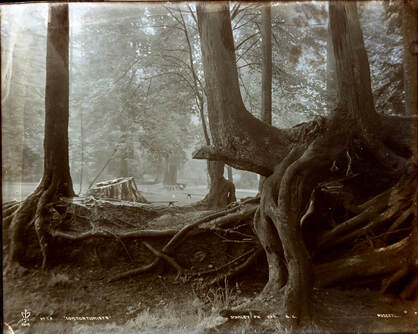
In the past month, I had three invited talks, each on different topics. On September 21st, SUNY Fredonia invited me to talk about the history of instrumental music improvisation at their Summit on Creativity in Music Education. On September 30th, I gave a talk at Elizabethtown College on the intersections of peace, ecology, and music. We also recorded a podcast episode, which I hope to write about later. And finally, on October 17th I talked with doctoral students at University of South Florida (via Zoom) about environmental philosophy in music education. Each of these topics are close to my heart, though the first one has no (yet identified) links to eco-literate pedagogy.
Peace, ecology, and music share many connections. Greenpeace, the environmental group, as their portmanteau suggests, began protesting nuclear proliferation as well as ecological destruction. And many songs have been written to protest ecological destruction and war. My talk here is, in many ways, connected to my later talk on environmental philosophy in music education. As a philosopher, I always want to look to roots. And even after I find them, I seek out deeper "whys" and "hows" as I seek out even deeper root causes. Perhaps ecology is a root concept, because ecology is about diverse systems, too diverse to fully identify, that are interacting organically, and which often provide unexpected results.
Like a tree, then, the ecosystem of research in music education (and probably any other field), philosophy represents the roots; qualitative research represents branches, and much quantitative research the leaves. The connections between how philosophy and qualitative research are obvious. As are the connections between roots and branches. It is also obvious how qualitative research and quantitative research interact, as branches touch leaves. Leaves also fall to the ground each autumn, and in a slower process feed the roots. Similarly quantitative research ought to feed philosophical questioning. All researchers, then, have a responsibility to understand the full tree involved in their questions, even if they spend an entire career looking at a few leaves, clarifying the shape of a branch, or digging deeper roots. Or, as hyphae, making connections to other trees through their root systems.
DJS
 RSS Feed
RSS Feed
